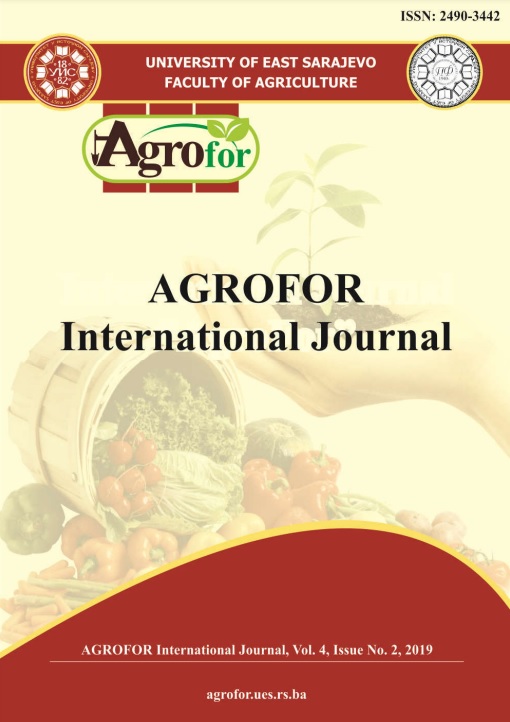MODELLING ON-FARM DIVERSIFICATION THROUGH PORTFOLIO OPTIMIZATION AND GOAL PROGRAMMING: A CASE STUDY FROM BOLIVIA
DOI:
https://doi.org/10.7251/AGRENG1902108MAbstract
Modern Portfolio Theory provides a theoretical framework for agricultural risk reduction. Powerful yet accessible tools have been developed to optimize scarce capital/labor allocation to increase returns and reduce correlated risks via diversification. Such tools are used to assess rural livelihood diversification induced by an incentive-based program for watershed conservation piloted between 2003 and 2011 in a context of rural poverty in Bolivia. The tools assembled and tested in this study may provide low-cost diagnostics to improve implementers’ understanding of risks and returns in a specific rural context. Comparing alternative portfolio frontiers may represent a useful and transformative tool to understand socio-ecological systems such as watersheds, facilitating regime shifts that benefit ecosystem services and livelihoods.

